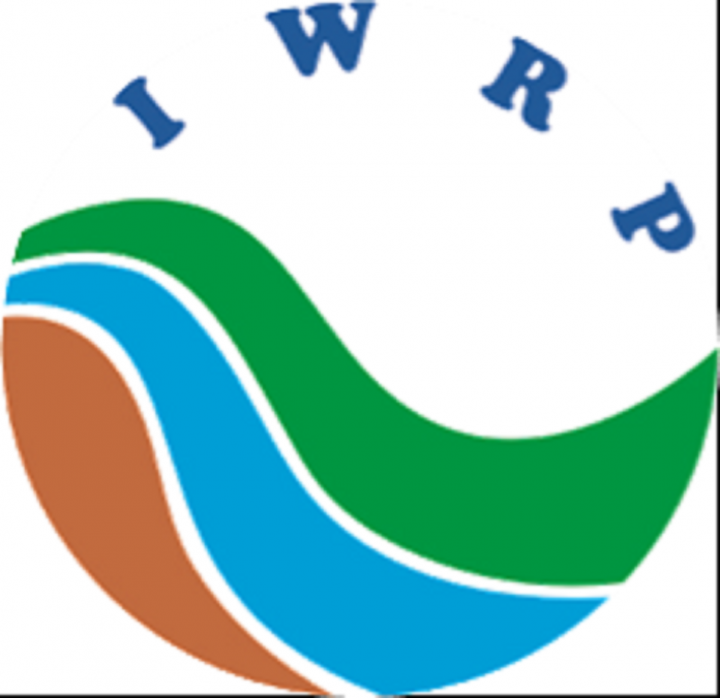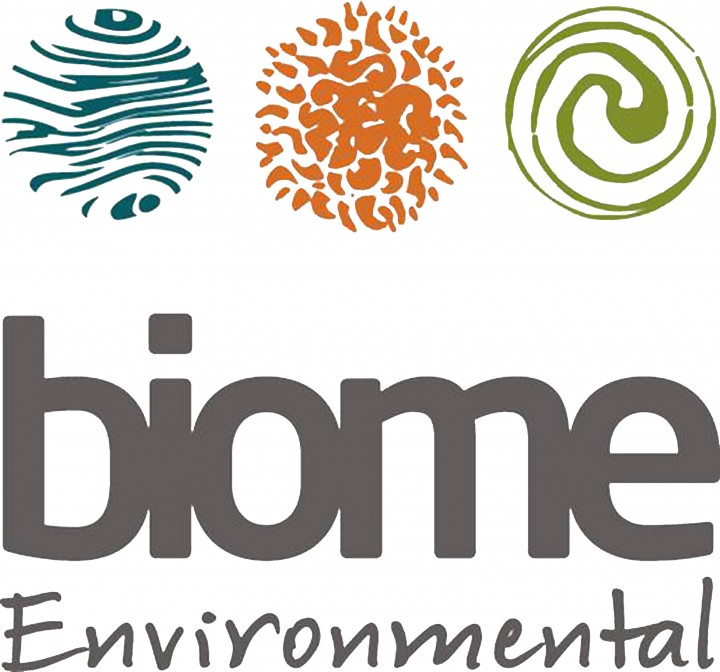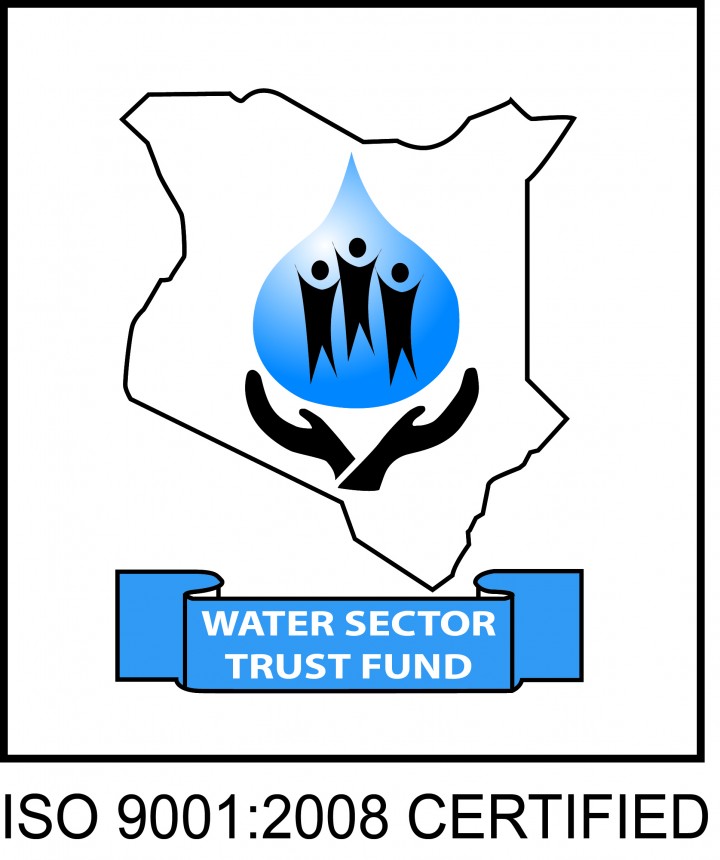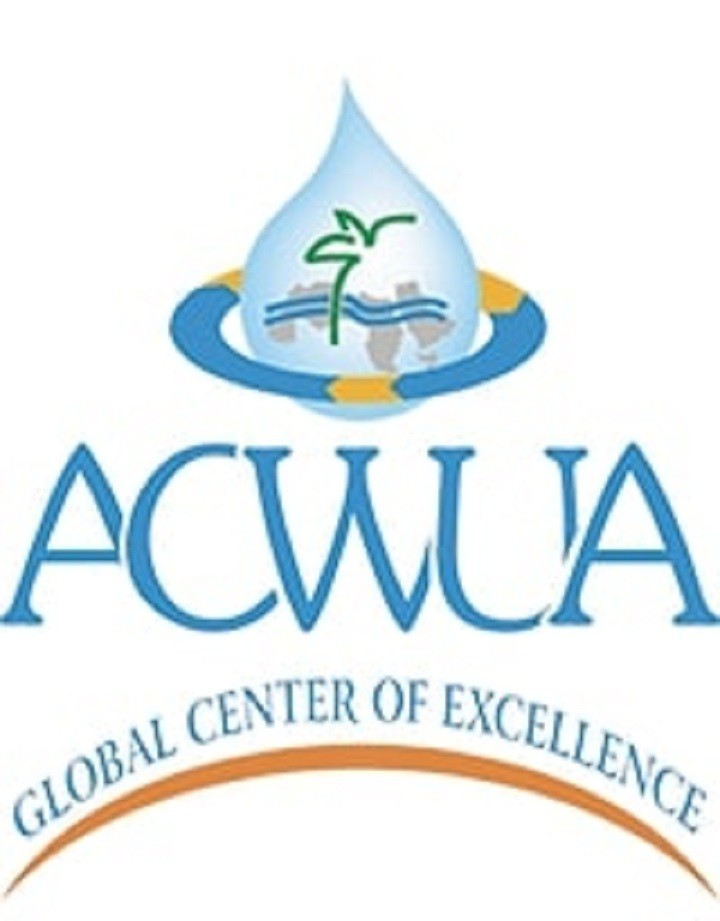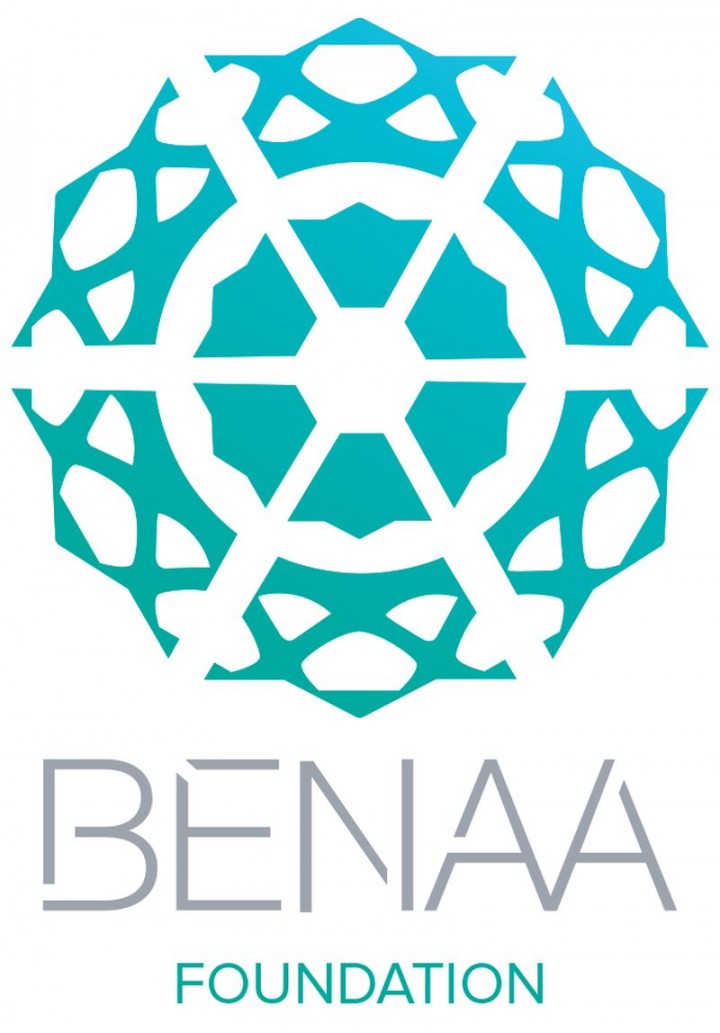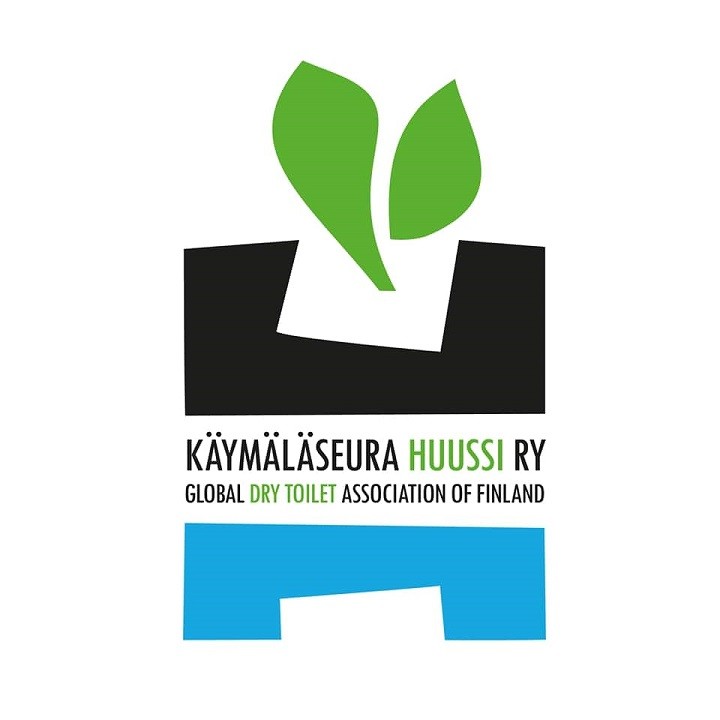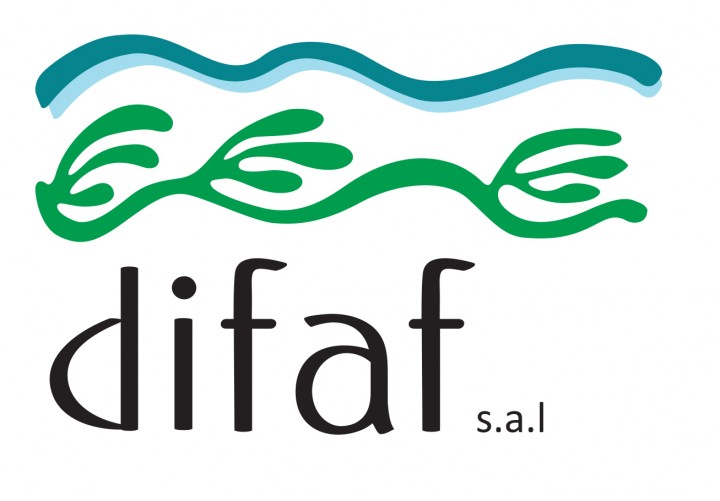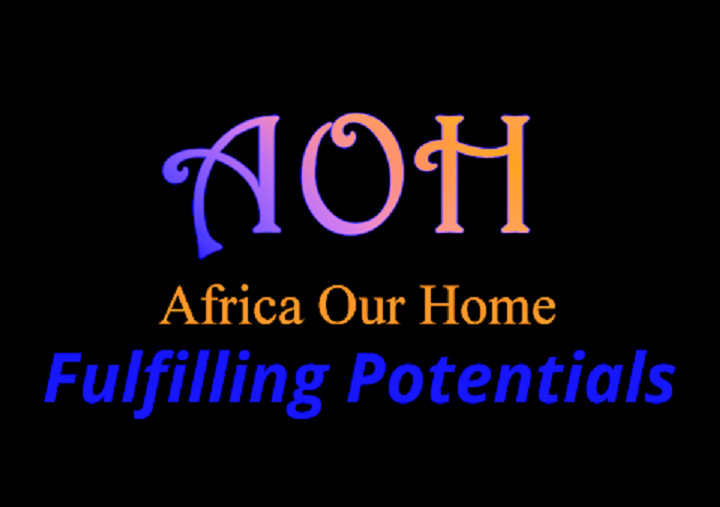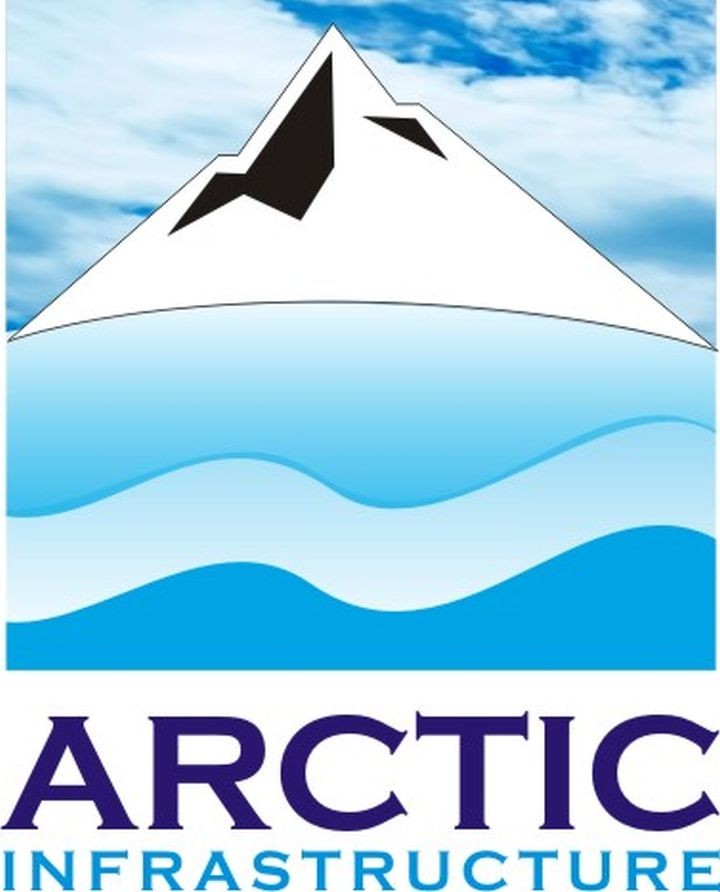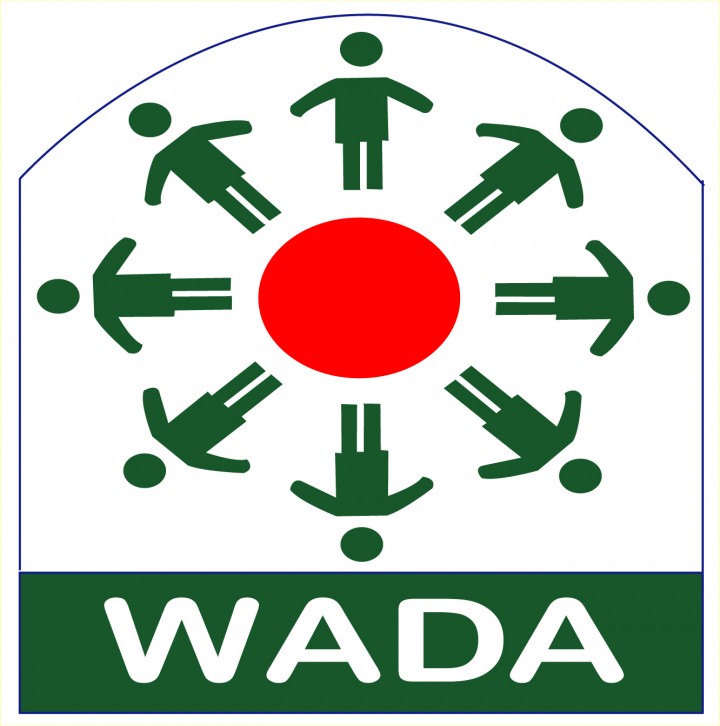IWRP Institute of Water Resources Planning - Ministry of Agriculture and Rural Development
The Institute of Water Resources Planning (IWRP) is a part of the Ministry of Agriculture and Rural Development (MARD). IWRP is among the most important institutions in Vietnam that deals with studies related to river systems. IWRP specializes in policies, planning, engineering and consultancy. It's function is to operate within the Ministry of Agriculture and Rural Development and other provincial levels in formulating water resources (water supply and sanitation, drainage, flood and drought prevention), energy, climate and environment across Vietnam to help facilitate socio-economic development. Major tasks include regulating the use of water resources, as well as protecting and developing water resources and the environment in a sustainable way. IWRP's tasks and mandates include: 1. To prepare and submit to MARD: Strategies and long-term planning […]
KfW Kreditanstalt für Wiederaufbau
KfW Bankengruppe gives impetus to economic, social and ecological development worldwide. As a promotional bank under the ownership of the Federal Republic and the Länder (federal states), it offers support to encourage sustainable improvement in economic, social, ecological living and business conditions.
WEDC Water, Engineering and Development Centre
The Water, Engineering and Development Centre is one of the world’s leading education and research institutes for developing knowledge and capacity in water and sanitation for sustainable development and emergency relief. We focus on solutions for people in low- and middle-income countries, helping to provide evidence-based answers to important questions – not only about what needs to be done to improve basic infrastructure and essential services – but also how to go about it. Founded in 1971, WEDC is based in the School of Civil and Building Engineering at Loughborough University, one of the top award-winning UK universities.
MEDRC Water Research
MEDRC Water Research was established to deal with two of the most pressing global and regional grand challenges; water and peace. It is a unique international organization where ten co-equal partners work together on solutions to fresh water scarcity by supporting research, training, knowledge exchange and capacity building. MEDRC Headquarters is in Muscat in the Sultanate of Oman where it operates a state of the art research and training facility. In delivering its mission MEDRC will become a viable and transferable model for governments seeking a mechanism to address significant regional or trans-boundary environmental challenges.
GDRC Global Development Research Center
The Global Development Research Center is an independent nonprofit think tank that carries out initiatives in education, research and practice, in the spheres of environment, urban, community and information, and at scales that are effective. GDRC aims to bring together disparate knowledge resources on a three pronged approach: Research and development at the global level, Education and Training at the regional level and Policy and programme development at the local level.
BET Biome Environmental Trust
Biome Environmental Trust (The Trust) has been set up with the aim to conduct research, public education, practice-to-policy bridging and policy advocacy in the areas of land-use & land-use planning, energy, water and sanitation. The key concerns of all its activities in these areas are ecological and social sustainability in India and the developing world. In an era of emphasis on economic growth coupled with the threats of climate change, The Trust seeks to evolve solutions to critical resource problems of the present and future. Concerns of Equity, Environment and Economy are all equally integral to the Trust's endeavors. Its research encompasses scientific, technological, socio-economic and policy research. The overall approach is solution centric and one of knowledge-based activism through Action Research, engagement with citizenry, […]
WSTF Water Sector Trust Fund
Water Sector Trust Fund (WSTF) is a Kenyan Institution established under the Water Act of 2002 with a mandate to assist in financing the provision of water services to areas of Kenya which are without adequate services. WSTF operates under the Ministry of Water and Irrigation. In the Water Act 2016, The Mandate of the Fund is to provide conditional and unconditional grants to the Counties and to assist in financing the water and sanitation services in the marginalised and under-served areas including: a) Community level initiatives for the sustainable management of water resources b) Development of water services in rural areas considered not to be commercially viable for provision of water services by licensees; and c) Development of water and sanitation services in the under-served poor urban areas WSTF works with […]
Busoga Trust
UK based water, sanitation & hygiene organisation which has operated in Uganda (and to a limited extent in Tanzania and Kenya) since 1982. We act as a service provider, implementing hardware and software contracts on behalf of donors such as DfID, Wateraid, Plan international, UN Habitat and local government. We have had much success in implementing Home Improvement Campaigns and latterly CLTS over the past decade.
ACWUA Arab Countries Water Utilities Association
ACWUA, as a global center of excellence, will work in partnership with water and wastewater utilities in the Arab countries, on building capacities within the utilities, and on instituting best practices within a high quality level. Quality is herein defined as conforming to the requirements and specifications in all matters of training, technical Support (projects management, research & studies) and events management in the field of water and wastewater. Thus ACWUA is committed to meet ISO9001:2015, ISO14001:2015, OHSAS 18001:2007 standards requirements. In addition to, environmental protection, preservation of injuries and other legal requirements. We committed to achieve this through continual improvement by planning and implementing specified and measurable quality objectives and activities to achieve members and other interested parties' satisfaction. We also recognize the importance of the entire […]
JWF Japan Water Forum
Japan Water Forum (JWF) is an international nonprofit organization. Our vision is of a world where everyone enjoys the lasting benefits and values of safe water. We promote an understanding of the fundamental impact of water on everyone's lives leading to decisive action to address the water issues on the planet. During the past five years since the creation of the JWF Fund, it has supported 68 projects in 19 countries, benefiting more than 100,000 people.
BENAA
BENAA is building the capacities of the youth in order to build-up sustainable development projects, and create an enabling environment in the MENA region.
GDTF Global Dry Toilet Association of Finland
The Global Dry Toilet Association of Finland is a registered Finnish association founded in 2002 to promote the use of dry toilets. Their mission is to introduce functioning dry toilets together with controlled management of toilet waste and to make people aware of the benefits of dry sanitation.
Difaf
Difaf's mission is to identify and assess activities that impact water and environmental systems, to design, implement and monitor engineering and management solutions, and to promote appropriate technologies and sustainable methods for natural resources restoration and conservation. Difaf is a consultancy and technical design bureau born in 2014 in Lebanon from a team of engineers, natural scientists, and policy experts. We are eager to deliver proficient cross-disciplinary work tailored for resilient localized successes. Difaf bridges the gap between science and policy, and to deliver measurable and direct improvements in water and environmental resource management. With an Integrated Water Resources Management (IWRM) approach, Difaf targets sectors where activities have the highest degree of impact on the hydro-environment such as: fresh water resources, wastewater, agriculture, solid waste, and […]
TUHH Hamburg University of Technology, Institute of Wastewater Management and Water Protection
The Institute of Wastewater Management and Water is a research institute of the Technical University Hamburg-Harburg (TUHH). The main fields of research of this institute are the development and optimisation of techniques and procedures for the treatment of municipal and industrial wastewater. Specific projects in this area are the development of concepts including sewage concepts with production of higher-quality fertiliser and water reuse.
IWWA Indian Water Works Association
The Indian Water Works Association (IWWA) is a voluntary body of professionals concerned and connected with water supply for municipal, industrial, agricultural uses and treatment and disposal of wastewater. IWWA focuses basically on the entire "Water Cycle" encompassing the environmental, social, institutional and financing issues.
AOH Africa Our Home
Africa Our Home seeks to bridge cultures, support African development and cultivate lasting trusting partnerships between Africa and the rest of the world.
ITAS Institute for Technology Assessment & Systems Analysis
ITAS creates and communicates knowledge on the impacts of human action and their evaluation in view of the development and use of new technologies. Its work focuses on environmental, economic, social and political-institutional issues. Alternative options for action and design are developed and assessed. In this way ITAS supports politics, science, business and the general public in future decision-making.
AI Arctic Infrastructure
Arctic Infrastructure (AI) is a private establishment with broad focus on infrastructure delivery, urban development and environment. It is a development organization engaging in the planning, engineering, procurement, construction and management of infrastructure and spaces. Arctic Infrastructure (AI) envisions a world where access to sustainable infrastructure and livable environment will not be restricted to any human being based on social, economic or spatial status. It is committed to improving access to good living conditions and promotes harmony between development and environment.
IWSD Institute of Water and Sanitation Development
The IWSD was born out of the Training Centre for Water and Sanitation (TCWS) a project of the UNDP-World Bank Programme hosted at the University of Zimbabwe. The institute delivers its objectives through four focus areas of activity namely: Training, research, consulting and advisory services and information services.
WADA Welfare Association for Development Alternative (WADA)
Welfare Association for Development Alternative (WADA) established in 10 September 2011 as a non-profit, non-political, non-government organization and registered from Department of Social Services under the Government of Bangladesh with a view to work those disadvantaged people especially women, youths, girls & children through different development approaches such as food security and nutrition, education, health, gender equality, women rights and empowerments, water and sanitation, climate change and environment. WADA has a team of social workers who are well qualified and experienced to project implementation. The organization follows regular monitoring, sharing experiences and immediate action for the successful implementation the activities. WADA specially targeted to ensure its support to establish rights of the women, youths and children to remove social injustice and bring a society […]
